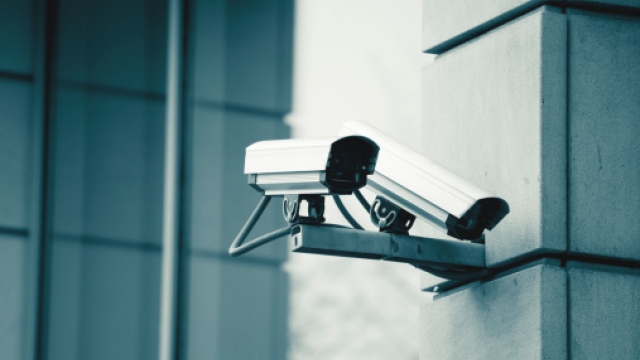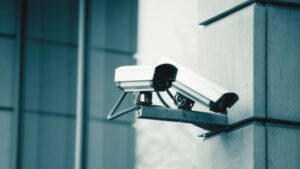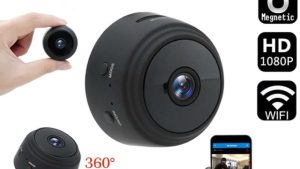In recent years, the concept of integrating technology within our living spaces has transformed the way we interact with our homes. smart home integration is not just about convenience; it represents a holistic approach to enhancing our living environments, making them more efficient, secure, and user-friendly. This article aims to explore the importance of smart home integration, particularly focusing on security features, and offer guidance on selecting the right solutions for individual needs.
Understanding Smart Home Integration: What It Is and Why It Matters
Smart home integration refers to the seamless connection of various smart devices and systems within a household, creating a cohesive network that can be controlled centrally. This integration enables homeowners to manage lighting, climate, security, and entertainment systems through a single interface, often via smartphones or voice-activated assistants. The value of smart home integration lies in its ability to enhance convenience, energy efficiency, and security. For instance, homeowners can set their security systems to activate when they leave the house, ensuring peace of mind while they are away.
Key Components of Smart Home Security: Cameras, Sensors, and Alarms
When it comes to smart home integration, security is one of the most critical aspects to consider. A well-integrated security system not only protects your home but also provides you with real-time information and control over your living environment. Here are some essential components that contribute to an effective smart home security system:
Cameras
Smart security cameras are a cornerstone of modern home security. They allow homeowners to monitor their property remotely, offering features such as live streaming, motion detection alerts, and cloud storage for recorded footage. When selecting cameras for smart home integration, consider options that provide high-resolution video, night vision capabilities, and two-way audio. This way, you can communicate with anyone on your property or deter potential intruders.
Sensors
In addition to cameras, various sensors enhance security by detecting unauthorized entry or unusual activity. Door and window sensors notify homeowners when doors or windows are opened unexpectedly. Motion sensors can trigger alarms or alerts when movement is detected in specific areas. Integrating these sensors with a smart home system allows for immediate notifications and automated responses, such as turning on lights or locking doors.
Alarms
Smart alarms serve as the first line of defense in a security system. They can be programmed to activate in response to sensor triggers or manual commands. Many modern security systems offer features that allow homeowners to customize alarm settings according to their preferences. For instance, alarms can be set to silent mode, sending alerts directly to your smartphone without sounding an audible alarm. This flexibility is particularly useful in situations where you want to monitor your home discreetly.
How to Choose the Right Smart Home Integration Solutions for Your Needs
Selecting the best smart home integration solutions depends on individual preferences, budget, and specific security needs. Here are some practical tips to guide your decision-making process:
- Assess Your Requirements: Identify what features are most important to you. Consider factors such as the size of your home, the number of entry points, and your lifestyle.
- Research Compatibility: Ensure that the smart devices you choose are compatible with each other and can be easily integrated into a central system. Look for platforms that support multiple brands and device types.
- Consider Professional Installation: While many smart devices are designed for easy DIY installation, professional installation can provide peace of mind and ensure that your system is set up correctly. If you’re interested in enhancing your smart home integration with security cameras, you might want to explore professional security camera installation services.
- Evaluate User Reviews: Take the time to read reviews and testimonials from other users. This can provide insights into the performance and reliability of different products.
Security Camera Installation
Conclusion
As the world continues to embrace smart home integration, the importance of security within this framework cannot be overstated. By understanding the fundamental components of smart home security, such as cameras, sensors, and alarms, homeowners can create a robust system that enhances both safety and convenience. Moreover, making informed choices when selecting integration solutions ensures that your smart home meets your unique needs. As technologies evolve, staying informed about advancements in smart home security integration will empower you to maintain a secure and efficient living environment.






